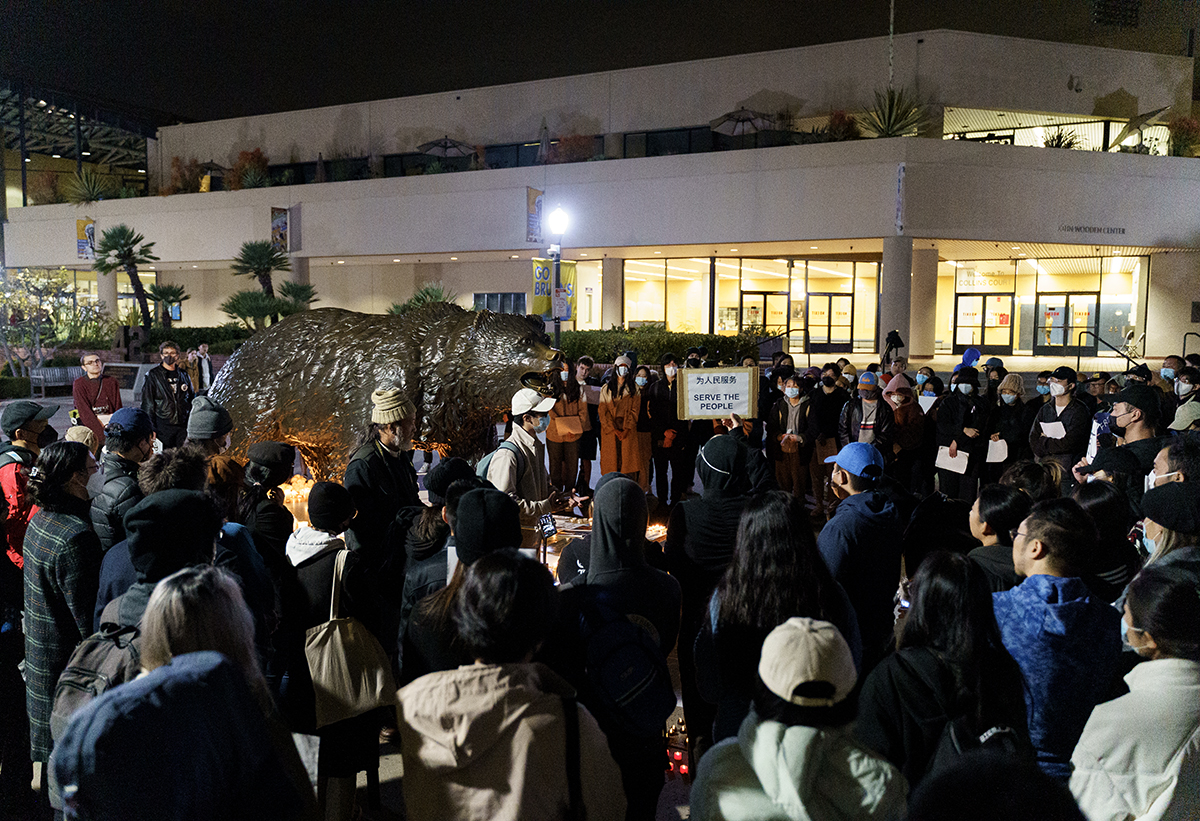-
The Psychology of Grocery Lists: Why We Forget the Milk

How limited is our working memory capacity? While often described as fixed, research shows its boundaries depend heavily on the factors present during encoding and retrieval. Under the right conditions, we may be able to surpass what once seemed like hard limits.
-
Remembering History: The Personal Lens of Collective Events

How do we remember pivotal moments in history, and why do they feel so personal? By researching the psychology of memory, such as the phenomena of flashbulb and collective memories, we can better understand how cultural, emotional, and biological factors shape our recollections of the past.
-
The Psychology of Climate Change

This article explores the psychological and social challenges in addressing climate change, emphasizing how evolutionary and cognitive biases hinder our responses to this global crisis. It delves into the complexities of human behavior and societal structures that make it difficult to enact effective climate action and considers how these obstacles might be overcome through increased…
-
Brainpower in Full Bloom: The Cognitive Benefits of Rosemary and Lavender Aromatherapy

This article explores how aromatherapy can enhance cognitive functions such as memory, attention, and mental clarity, drawing on both real-world applications and its potential benefits for neurological health.
-
“Are You There, god? It’s Me, Margaret”: Let’s talk about puberty!

In third grade, my mom handed me a frail copy of Are You There god? It’s Me, Margaret (AYTGIMM), by Judy Blume. The pages were discolored, the binding hanging on by a thread (literally). The state of the book mirrored my feelings after having “the puberty talk” at school, split by males and females, cramped in…
-
Take It Easy: Reap the Benefits of Resting on Purpose

How do we “rest on purpose”? Let’s start with redefining the relationship between rest and work.
-
What Neural Networks Put Second: Categorization Models as a Window into the Nature of Memory

What do older cognitive models of categorization tell us about memory that state-of-the-art neural networks do not? The difference between past and present is not just one of performance, but also of psychological insight.


